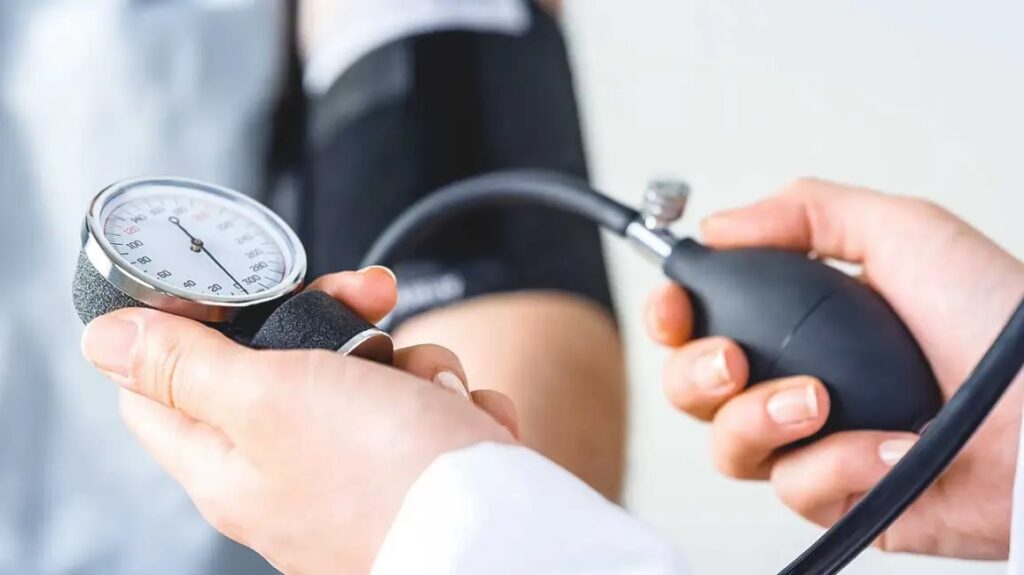Stress, sleep, and hypertension are interconnected aspects of our health that can significantly impact our overall well-being. In today’s fast-paced world, many individuals experience high levels of stress, which can lead to sleep disturbances and potentially contribute to the development of hypertension.

The Impact of Stress on Sleep
Stress can disrupt our natural sleep patterns, making it difficult to fall asleep, stay asleep, or achieve restorative sleep. When we are stressed, our bodies release stress hormones such as cortisol, which can increase alertness and make it challenging to unwind and relax before bedtime.
In addition to hormonal changes, stress can also cause racing thoughts, anxiety, and worry, all of which can keep our minds active when we should be winding down for sleep. This can lead to insomnia or fragmented sleep, leaving us feeling tired and unrefreshed the next day.
The Role of Sleep in Hypertension
Sleep plays a crucial role in maintaining our cardiovascular health, and insufficient or poor-quality sleep has been associated with an increased risk of developing hypertension. During sleep, our blood pressure naturally decreases, allowing our cardiovascular system to rest and recover.
However, when sleep is compromised due to stress or other factors, this natural decline in blood pressure may be disrupted. Over time, persistent sleep disturbances can lead to sustained high blood pressure levels, increasing the risk of hypertension and other cardiovascular conditions.
Breaking the Cycle
To break the cycle between stress, sleep problems, and hypertension, it is essential to prioritize stress management and improve sleep habits. Here are some strategies that can help:
- Stress reduction techniques: Engage in activities that promote relaxation such as meditation, deep breathing exercises, yoga, or spending time in nature. These practices can help lower stress levels and prepare the body for better sleep.
- Sleep hygiene: Establish a consistent sleep schedule, create a relaxing bedtime routine, and ensure your sleep environment is conducive to restful sleep. This includes keeping your bedroom dark, quiet, and at a comfortable temperature.
- Avoid stimulants: Limit the consumption of caffeine and nicotine, especially in the evening, as they can interfere with sleep patterns.
- Regular exercise: Engaging in regular physical activity can help reduce stress, promote better sleep, and improve overall cardiovascular health.
- Seek professional help: If stress or sleep problems persist, it is important to consult with a healthcare professional who can provide guidance and support tailored to your individual needs.
By actively managing stress, prioritizing sleep, and taking steps to improve overall well-being, individuals can break the link between stress, sleep disturbances, and hypertension. Remember, small lifestyle changes can make a significant difference in your overall health and quality of life.

